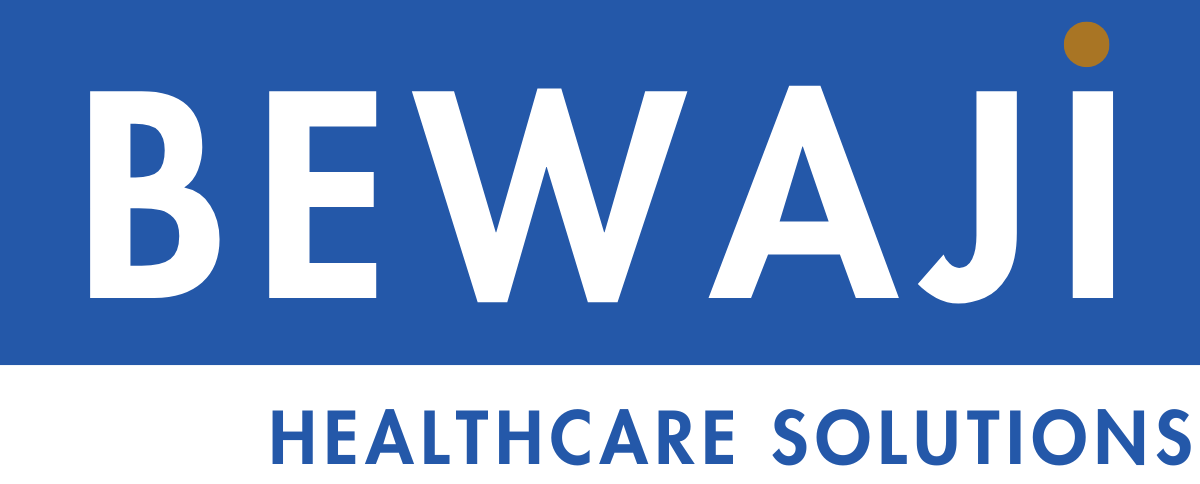The Jamaica Data Protection Act 2020 grants significant rights to patients, empowering them to have control over their personal data and ensuring their privacy is respected in healthcare settings. This article explores the rights provided to patients under the Jamaica Data Protection Act 2020. It covers key rights, including access to personal data, rectification and erasure requests, and the right to object to data processing. Moreover, practical suggestions are provided to assist healthcare providers in facilitating the exercise of these rights, promoting patient-centered data protection practices.
Right to Access Personal Data
Under the Jamaica Data Protection Act 2020, patients have the right to access their personal data held by healthcare providers. This includes the right to obtain information about the processing activities, the purpose of processing, and recipients of the data. To facilitate this right:
- Establish Clear Procedures: Healthcare providers should establish clear procedures for patients to request access to their personal data. This includes providing designated contact points and clear instructions on how to make a request.
- Timely Response: Providers should respond to access requests within the prescribed timeframe stipulated by the law. Responses should be comprehensive, transparent, and provided in a format that is understandable to patients.
- Verify Identity: To protect patient privacy, healthcare providers should implement mechanisms to verify the identity of individuals making access requests. This ensures that personal data is only shared with the rightful data subjects.
Right to Rectification and Erasure
Patients have the right to request rectification of inaccurate personal data and erasure of their data under certain circumstances. Healthcare providers can facilitate these requests by:
- Providing Clear Channels: Establish clear channels for patients to submit rectification and erasure requests. This can include designated email addresses or online portals where individuals can easily submit their requests.
- Response and Correction: Respond promptly to rectification requests, verifying the accuracy of the data and making necessary corrections. Similarly, process erasure requests within the prescribed time frame, ensuring data is securely deleted or anonymized.
- Communication: Communicate with patients throughout the process, providing updates on the progress of their requests and informing them of any actions taken to rectify or erase their data.
However, verifying rectification requests and securely erasing data can pose challenges. Having robust identity verification and data management procedures can help overcome these barriers.
Right to Object to Data Processing
Patients have the right to object to the processing of their personal data in certain circumstances, such as direct marketing or processing for scientific or research purposes. Healthcare providers can facilitate this right by:
- Clear Communication: Clearly inform patients about their right to object to data processing at the point of data collection and in privacy notices. Explain the specific processing activities that patients can object to and provide instructions on how to exercise this right.
- Data Processing Review: Conduct regular reviews of data processing activities to identify instances where patients’ objections may apply. Ensure that appropriate mechanisms are in place to honor and respect patients’ objections.
- Opt-out Mechanisms: Implement user-friendly mechanisms that allow patients to easily object to specific processing activities. This can include providing opt-out links or preferences settings on digital platforms.
Recommendations for Ongoing Compliance
To ensure ongoing compliance, healthcare providers should:
- Conduct regular staff training on data protection regulations and patient rights.
- Review and update data protection policies and procedures periodically.
- Establish internal monitoring mechanisms to identify and resolve emerging data protection issues proactively.
Conclusion
Compliance with the Jamaica Data Protection Act 2020 requires healthcare providers to recognize and respect the rights of patients. By understanding and facilitating these rights, healthcare organizations in Jamaica can enhance patient empowerment and foster a culture of data protection. Establishing clear procedures for accessing personal data, responding to rectification and erasure requests, and providing mechanisms for patients to object to data processing are essential steps towards achieving compliance. Moreover, effective communication and transparency play a crucial role in building trust and maintaining patient-centered data protection practices. By embracing patient rights and promoting their exercise, healthcare providers can create an environment where patient privacy is safeguarded, trust is strengthened, and data protection is prioritized. Ultimately, this cultivates positive, trusted relationships between patients and healthcare providers.

